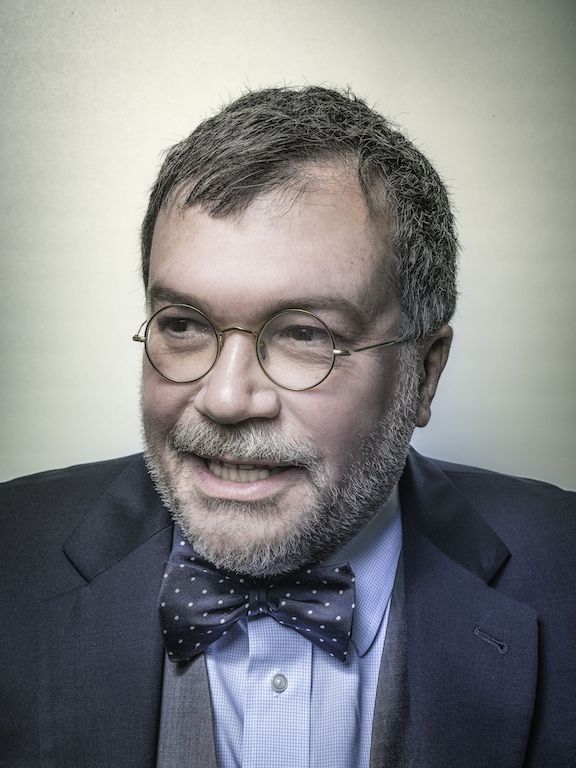The vast majority of American parents vaccinate their kids. But the latest national data shows that the minority of kids under the age of 2 who aren’t protected by any vaccines has quadrupled over the past two decades, according to the Centers for Disease Control and Prevention.
Of the babies born in 2015, 1.3 percent had received none of the recommended vaccinations by age 2 — up from 0.3 percent in 2001.
If that wasn’t concerning enough, in some regions of the country, up to 40 percent of kids now aren’t being protected against preventable diseases like measles and whooping cough, says Peter Hotez, director of the Texas Children’s Hospital Center for Vaccine Development at Baylor College of Medicine.
“There are pockets across the US where you have a 20-fold increase, like we’ve seen in parts of Texas. Although, nationally, immunization rates may not have changed that much, we have pockets where 20 to 40 percent of kids aren’t vaccinated, and that gets you into trouble with measles and other [vaccine-preventable] infections.”
So how did we get here?
In a new book, Vaccines Did Not Cause Rachel’s Autism, Hotez traces the roots of the problem back to 1998, when an esteemed medical journal published a small study that has become one of the most notorious and damaging research papers in medicine. The study, led by the discredited physician-researcher Andrew Wakefield, suggested there’s a link between autism and the measles, mumps, and rubella vaccine — which is administered to millions of children around the world each year.
Just before that time, Hotez’s daughter, Rachel, born in 1992, was diagnosed with autism. As he and his wife struggled to understand Rachel’s needs, Hotez was gathering up the data showing how spurious the vaccine-autism link was, and learning that most researchers were looking elsewhere to understand the condition. But these messages were often crowded out by vaccine doubts, Hotez says.
“It’s still a source of tremendous frustration, and I’m trying to turn it into something positive by writing this book.”
The book blends the history of vaccination and the anti-vaccine movement with Hotez’s personal history as an autism dad and vaccine scientist. Together, the narratives make a compelling argument for why vaccines are one of the most important tools humans have in our battle against disease — and why the turn against these life-saving shots by some requires our urgent attention.
But is Hotez just preaching to the converted, or will he be able to quell vaccine doubts? I asked him about that, his experience with cyberbullying, why the public health community has failed to defend vaccines, and what’s at stake if vaccine skepticism isn’t addressed head-on. Here’s our conversation, edited for length and clarity.

